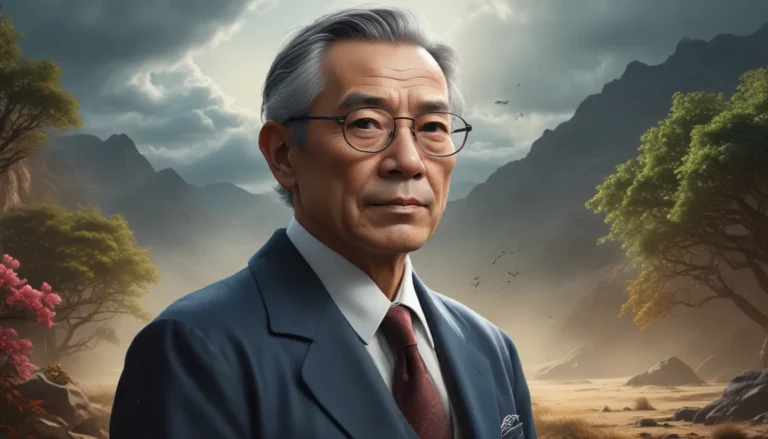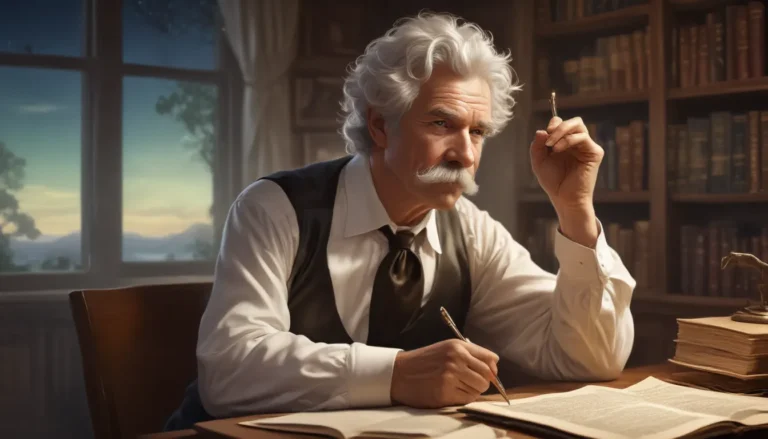The images in our articles may not match the content exactly. They are used to grab your attention, not to show the exact details in the text. The images complement the text but do not replace it.
Walter Ulbricht, a prominent figure in German history, continues to captivate scholars and history enthusiasts with his complex legacy. Leading East Germany from 1949 to 1971, Ulbricht played a pivotal role in shaping the political landscape of the country during the Cold War era. While he is often remembered for his involvement in the construction of the Berlin Wall and the division of Germany, there are numerous lesser-known facts about Ulbricht that offer a more nuanced understanding of his life and impact on German society. Join us as we explore 13 intriguing facts about Walter Ulbricht, shedding light on his early years, political strategies, and lasting influence.
Key Takeaways:
- Walter Ulbricht’s leadership in East Germany was marked by socialist policies, the construction of the Berlin Wall, and mixed historical assessments. – Ulbricht’s international influence extended to promoting socialist ideas and alliances, shaping the course of the German Democratic Republic (GDR).
Early Life and Political Activism
Walter Ernst Paul Ulbricht was born on June 30, 1893, in Leipzig, Germany, to a working-class family. His upbringing instilled in him a sense of political awareness and activism from a young age.
Role in the German Communist Party
Joining the German Communist Party (KPD) in 1919, Ulbricht quickly distinguished himself within the party. He played a pivotal role in organizing workers’ protests and strikes during the turbulent years of the Weimar Republic.
Rise to Power in East Germany
Following World War II, Ulbricht assumed leadership of the Socialist Unity Party (SED) in East Germany, playing a significant role in establishing the German Democratic Republic (GDR).
Implementing Socialist Policies
As General Secretary of the SED, Ulbricht spearheaded the implementation of socialist policies in East Germany. These policies included the collectivization of agriculture and the nationalization of industry with the goal of creating a socialist society.
The Construction of the Berlin Wall
One of the most controversial decisions during Ulbricht’s leadership was the construction of the Berlin Wall in 1961. The wall aimed to prevent East Germans from fleeing to the West and solidify the division between East and West Germany.
Repressive Regime and Stasi Surveillance
Ulbricht’s regime was characterized by repression and surveillance, with the Ministry for State Security, known as the Stasi, playing a central role in monitoring dissent and surveillance of the population.
Economic Challenges and Social Discontent
Despite his efforts to promote socialism, Ulbricht faced significant economic challenges in East Germany. Poor living conditions, scarcity of consumer goods, and limited personal freedoms contributed to widespread social discontent.
Agricultural Collectivization
Ulbricht’s regime enforced the collectivization of agriculture, forcibly consolidating small farms into large cooperatives. This policy faced resistance from farmers and resulted in decreased agricultural productivity.
Relations with the Soviet Union
Throughout his leadership, Ulbricht maintained a close partnership with the Soviet Union. He relied on Soviet support to maintain control over East Germany and align its policies with those of the Soviet bloc.
Ousting and Legacy
In 1971, Ulbricht was replaced as the leader of East Germany by Erich Honecker due to criticisms of his economic policies and leadership style. Ulbricht passed away on August 1, 1973, leaving behind a mixed legacy with differing historical assessments.
International Influence and Historical Assessment
Ulbricht’s influence extended beyond East Germany, as he actively promoted socialist ideas and alliances globally. Historical perceptions of Ulbricht vary, with some praising his role in shaping the GDR and others criticizing his autocratic rule and economic mismanagement.
Conclusion
In conclusion, Walter Ulbricht remains a captivating figure in German history, with his leadership leaving a lasting imprint on East Germany. From his early political activism to his controversial policies, Ulbricht’s legacy continues to spark debate and discussion. Whether viewed as a visionary socialist leader or a dictatorial figure, Ulbricht’s contributions to the formation of the GDR and the broader socialist movement cannot be underestimated. Studying Ulbricht’s life offers valuable insights into the complexities of political ideologies and the historical development of Germany.
FAQs
- Who was Walter Ulbricht?
-
Walter Ulbricht was a significant political figure in East Germany, serving as the General Secretary of the Socialist Unity Party and playing a key role in the establishment of the German Democratic Republic.
-
What were some of Ulbricht’s major policies?
-
Ulbricht implemented policies such as the construction of the Berlin Wall, agricultural collectivization, and the promotion of heavy industry to create a socialist society in East Germany.
-
How did Ulbricht’s leadership impact East Germany?
-
Ulbricht’s leadership had a profound impact on East Germany, shaping its economic and political systems while also facing resistance and criticism for his repressive regime.
-
What was Ulbricht’s role in the formation of the German Democratic Republic?
-
Ulbricht played a crucial role in establishing the GDR by merging the Socialist Unity Party and the Social Democratic Party, leading to the formation of the new state and shaping its direction.
-
How is Ulbricht remembered today?
- Ulbricht’s legacy continues to be a subject of debate, with some acknowledging his role in East Germany’s development while others critique his authoritarian leadership and human rights abuses.
Engage with Walter Ulbricht’s Legacy
Walter Ulbricht’s legacy continues to fascinate historians and enthusiasts alike. Explore the captivating portrayal of the notorious Stasi in “The Lives of Others,” dive into the gripping facts surrounding the Berlin Wall, and uncover the details of the Cold War-era Nike Missile system to gain a deeper understanding of the global tensions that shaped Ulbricht’s leadership and the history of East Germany.
Did you find this information helpful?
Our dedicated team strives to provide accurate, engaging, and trustworthy content to enrich your learning experience. Each fact on our site is contributed by real users like you, ensuring a diverse and insightful collection of information. Through meticulous review processes, we guarantee that the facts we share are not only fascinating but also credible. Trust in our commitment to quality and authenticity as you explore and expand your knowledge with us.






